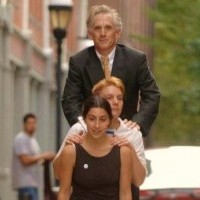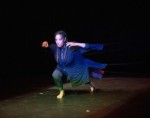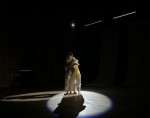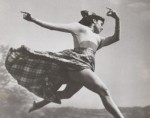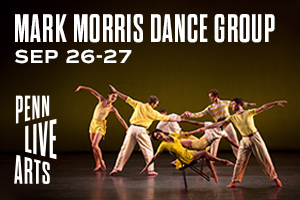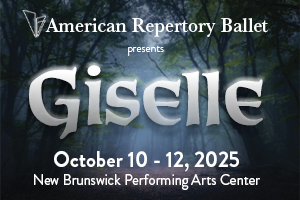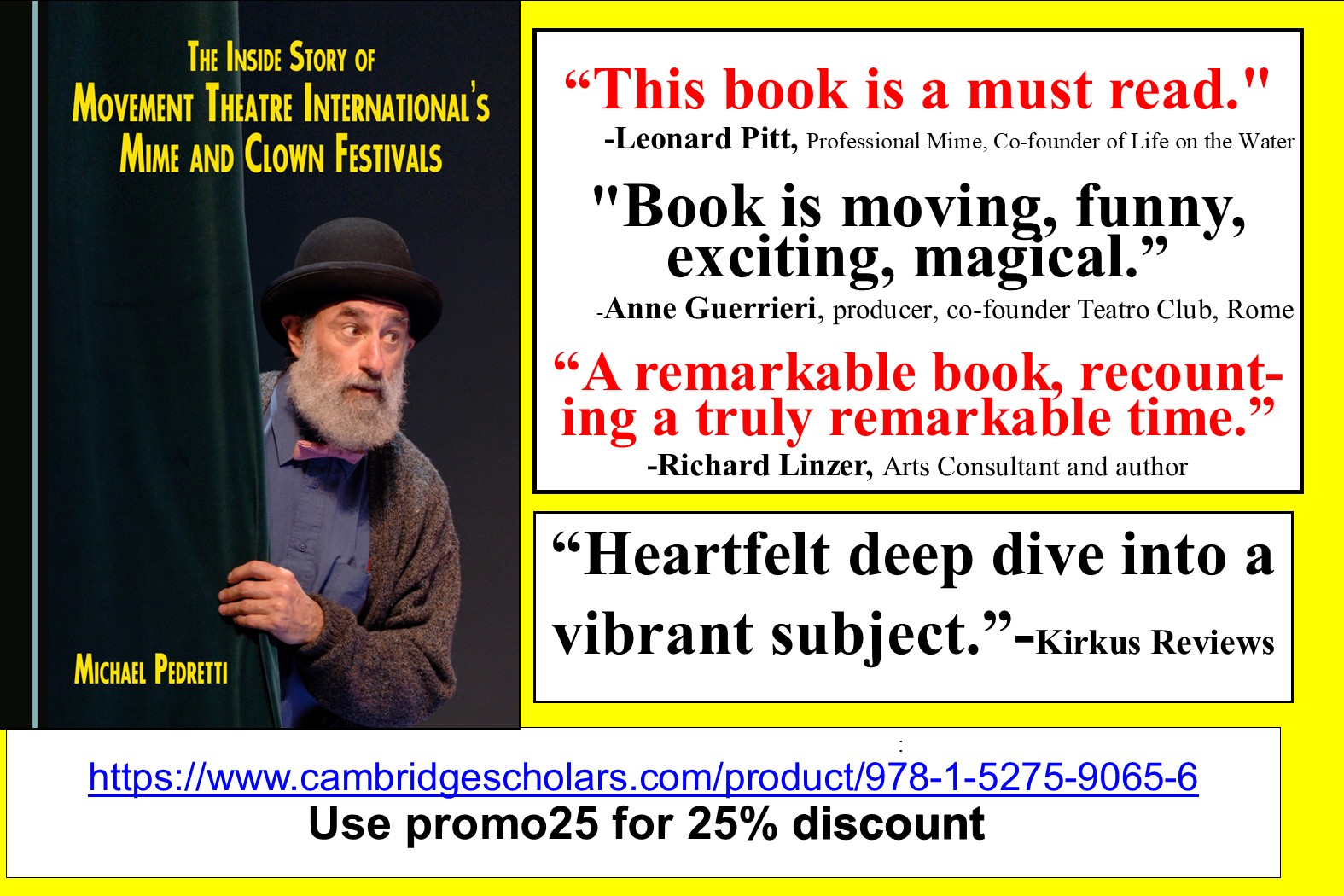On Dance Presenting in Philadelphia: an Interview with Terry Fox
by Jonathan Stein
Terry Fox, a former dancer/choreographer has been director of Philadelphia Dance Projects (PDP) since 1993 and is currently presenting the work of Lionel Popkin and Gabrielle Revlock, Nov. 18 and 19, 2011 at the Performing Garage. PDP’s mission is to support contemporary dance through projects that encourage artists and audiences to participate and engage in the dance experience as an evolving form. Here she speaks with Jonathan Stein.
Before you became a dance curator at the Painted Bride, at Danspace at St. Mark’s Church in New York, and now PDP, you were a dancer and choreographer in Philadelphia and New York from the late 60s through the 80s. How did that inform your curating of dance?
Terry Fox I think that empathy with the dance artist helps tremendously in the role of curator, as in understanding the issues in getting one’s work shown. I love dance, and I enjoy people who have that sense of wonder about themselves as artists and who are exploring different ways of moving and doing things in dance.
What curating judgments did you bring to the Bride in the 70s and Danspace in the 80s?
At the Bride we tried to do an eclectic mix, including people trying to break away from groups they were a part of, like Karen Bamonte, who was with Zero Moving Dance Company, and also outstanding artists no one wanted to present like Steve Krieckhaus and David Gordon. In New York we presented emerging artists or established artists who were trying out new ideas. Many like Jennifer Monson, John Kelly, Tere O’Connor and Steven Petronio, gave their first full-length dance works at Danspace.
What curatorial values have you emphasized in your more recent PDP curating?
One element is bringing in out-of-town artists to interact with local artists, and to meet audiences here, often for the first time. Just as we are now presenting Lionel Popkin, we have brought in dance pioneers Deborah Hay, Yvonne Rainer, and Douglas Dunn, and those beginning to create work like John Jasperse and Ronald Brown. Out- of-town artists give a larger context for local work, and offer a validity to what is happening in the field. And in reverse, through our SCUBA national touring program, we have sent local artists to cities across the nation.
What other curating values do you embrace at PDP?
I try to bring my point of view, and as well as others into the mix. I’ve invited artists to help curate, and keep my eyes open to new work. Input refreshes the process, and raises the discussion around work. Anna Drozdowski did curating for our Dance History Project; Meg Foley is selecting artists for our Informance this year.
How do you address the needs of the Philadelphia arts community audience?
Through Informances we are letting them in on what artists are thinking and how they are creating their work. Informances are prime time, full evenings given over to artists to converse with an audience about their work; they’ll show video excerpts, perform, and bring another artist perhaps, like Faye Driscoll is doing later this year. And they’re fun, substantive, and audience questions are always great; it’s not talking down to the audience-- but about sharing information. Artists love it, and often have never had to be so articulate about their work for so long; it allows artists to contemplate their own work retrospectively, an excellent opportunity for the artist. We’ve only had positive responses from artists, including Miguel Gutierrez, Jennifer Monson, Ben Levy and Ellen Fisher.
What brought you to the joint programming of Lionel Popkin and Gabrielle Revlock?
I don’t try to find work that is parallel, but that somehow works together on a program. Like most of us, both these artists create a personal fiction of who we think we are, and what we want to share with others. The works are quite different from each other, but they both explore the sense of who we are and think we are, and how we communicate this to each other. They’re also both beautiful movers, with quite original takes on choreography.
What challenges do you see for PDP presenting in Philadelphia?
We’re a small presenter without a facility, and we need to forge an identity and have audiences risk seeing work we present. We’d also like to do more presenting with others.
What are the esthetic challenges? Do you try to be different from other presenters?
I try not to be influenced by what others are doing, but rather what I think is happening in the field, and what I think is the most heartfelt and sincere dance work.
And what’s coming up with PDP after Popkin and Revlock?
Faye Driscoll, who has done a lot of work in theater, will do an Informance and three day workshop in March. With Leah Stein’s ten year anniversary concert, we are pleased to look at an artist who forged site-specific work here, making it possible for others to go into that territory. We hope to bring in Sean Feldman to perform with Leah and also teach workshops. And we hope all will come!
(Jonathan Stein is a member of the PDP Board of Directors.)
By Jonathan Stein
November 17, 2011

